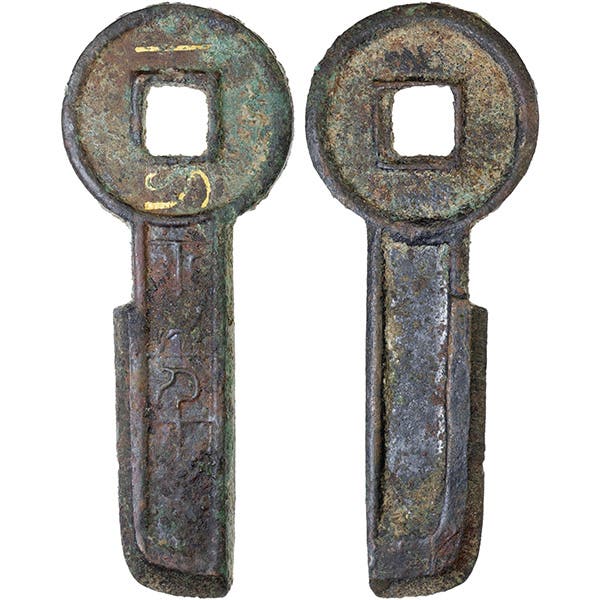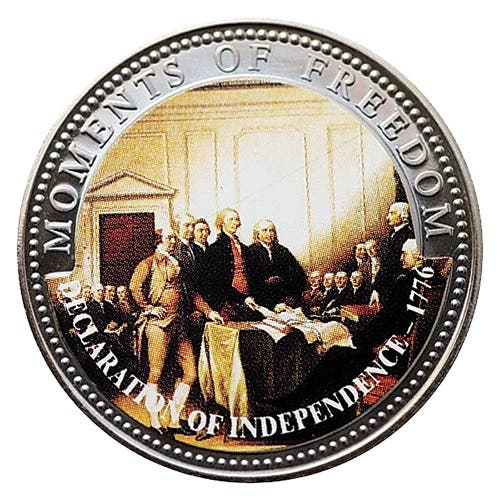Digital Age Endangers British Cash
The number of financial transactions involving coins and bank notes is on the decline in the United Kingdom but questions are being raised regarding if the government should take steps…
The number of financial transactions involving coins and bank notes is on the decline in the United Kingdom but questions are being raised regarding if the government should take steps to ensure individuals needing to transact in cash will still be able to do so in the near future.
About 13 percent of what Britain calls free-to-use cash points have closed within the past year. Free-to-use cash points are various forms of Automated Cash Machines or ATMs.
On April 30, 2019, The Guardian newspaper indicated there were about 52,000 of these machines still available. About the same time the consumer group Which? was reporting 1,700 ATMs switching to charging a fee for their service. Which? was quoted by the newspaper as saying, “Free cash machines could become a thing of the past.”
Which? Money Editor Jenny Ross said, “The cash network has already been dramatically eroded, and unless urgent action is taken in the [UK] budget, it's clear that it will crumble completely… The new chancellor must seize this opportunity and guarantee long-term access to cash in the budget while developing a clear strategy to ensure that the transition to digital payments doesn't leave anyone behind.”
Cuts in interchange fees, the payments made by banks to cash machine operators every time money is withdrawn, have been blamed for the trend. About 25 percent of British ATMs now charge for cash withdrawals.
The greater problem, according to the Financial Inclusion Commission, is that nearly 2 million people in Britain don't have a bank account. These people require coins and bank notes in order to transact any business.
The other side of the proverbial coin is that while there were 11 billion cash transactions in 2018, forecasts indicate cash transactions will decline to 3.8 billion by 2028, accounting for only about nine percent of all financial transactions.
On Feb. 19, Natalie Ceeney of the Access to Cash Review was quoted by the British Broadcasting Corporation as saying, “We must ensure the shift to digital doesn't leave millions behind or put our economy at risk,” adding, “The UK is fast becoming a cashless society - without knowing what this really means for consumers or for the UK economy.”
ACR says the only way to manage the cash system is for the government to legislate protecting access to cash. ACR want banks to be required to provide cash access to their customers.
Federation of Small Businesses National Policy and Advocacy Chairman Martin McTague is also concerned with the demise of available cash. McTague said, “We need to look at how we make offering cash back commercially viable for small businesses. The right financial incentives are a must.”
UK Finance is a banking trade group. The organization recently said it didn’t want to see what it called a “one size fits all” approach to community physical cash needs.
The government official the many cash proponent groups are calling on to help is Chancellor of the Exchequer Rishi Sunak, a Conservative Party politician who was appointed to this position in February following the resignation of Sajid Javid during a cabinet reshuffle by Prime Minister Boris Johnson.
Even without any action being taken by Sunak, not all is doom and gloom for physical cash. Barclay’s Bank recently reversed an earlier decision to stop allowing customers from getting cash at post office ATMs due to a public backlash.
A Treasury spokesman was recently quoted as saying: "Technology has transformed banking for millions of people, but we know that many still rely on cash. That's why we've invested £2 billion to ensure everyday banking services are available at 11,500 post office branches across the UK. We're also working closely with industry and regulators to ensure everyone who needs cash can access it.”









